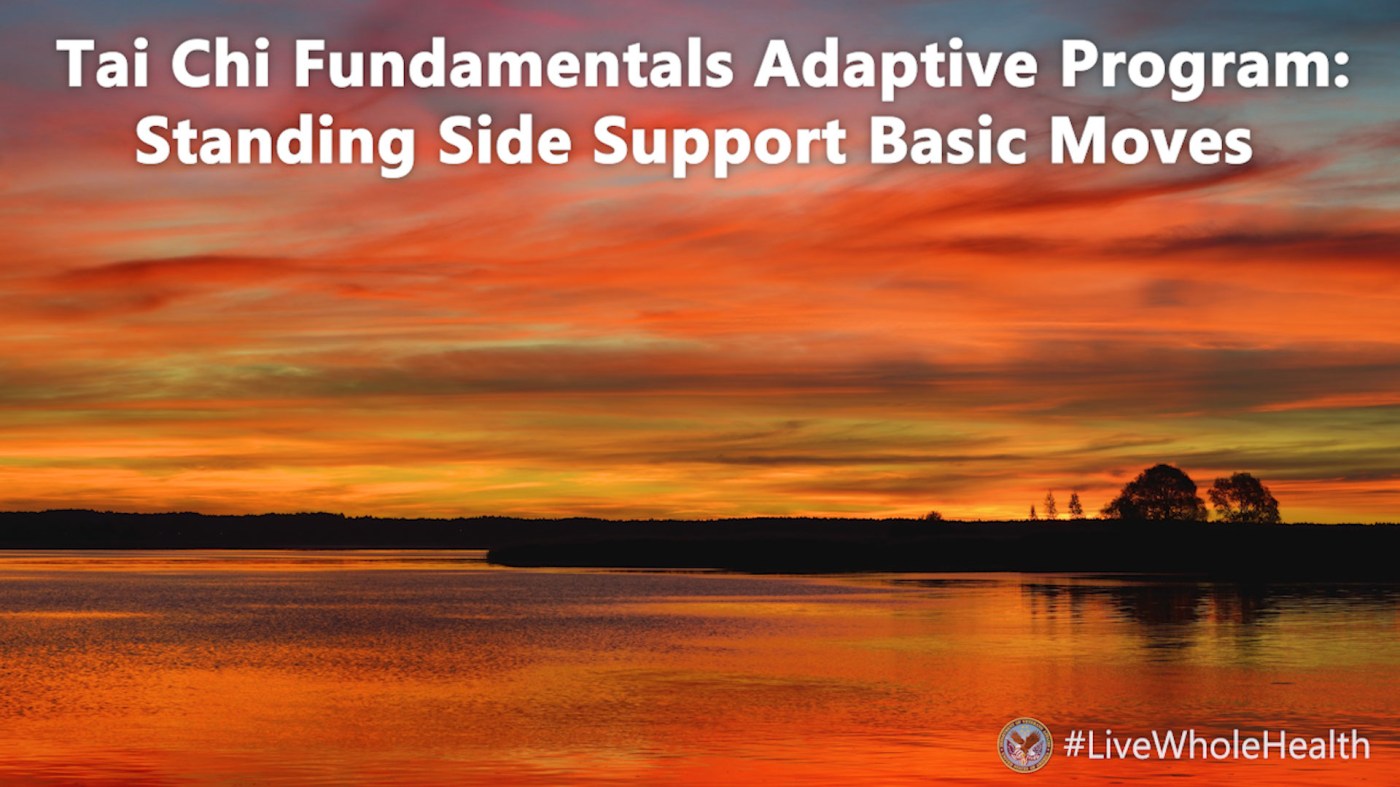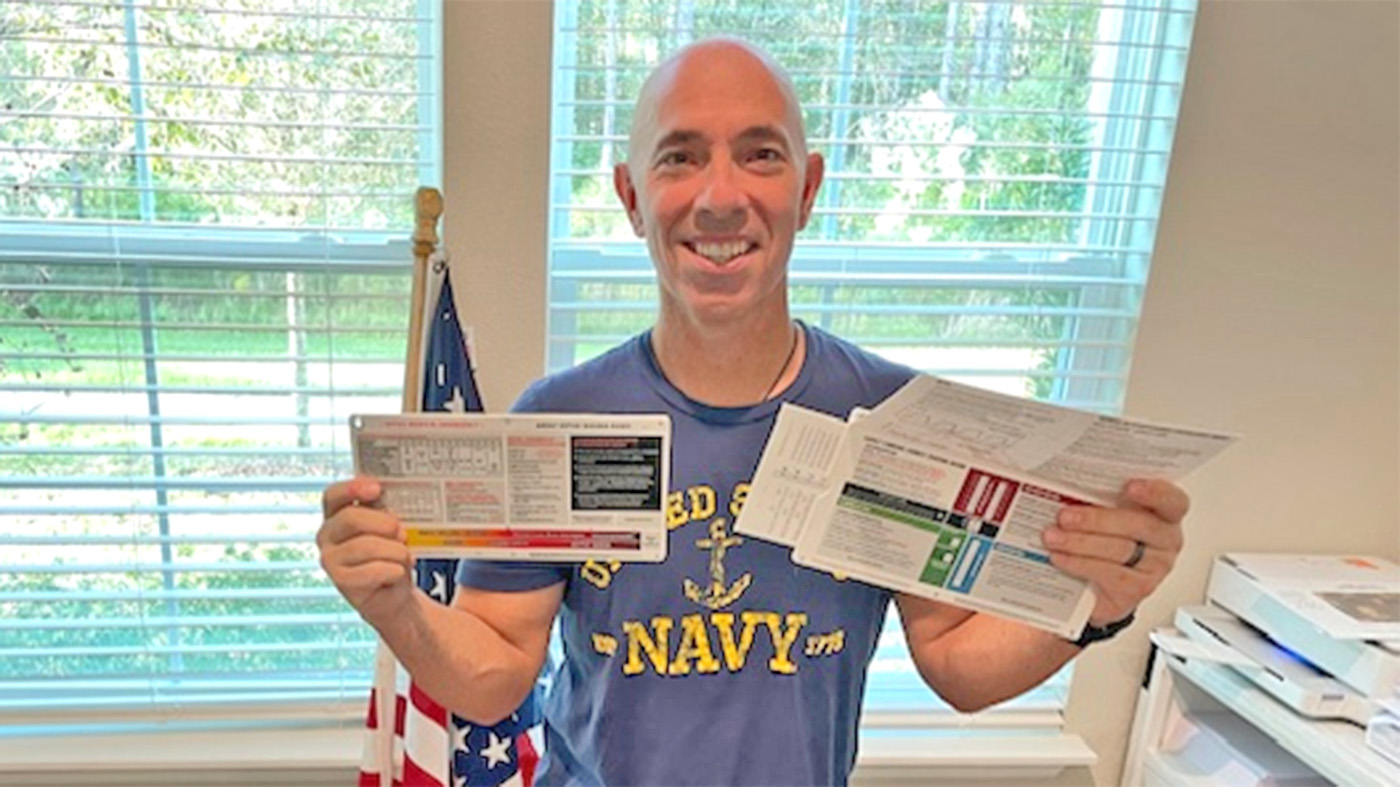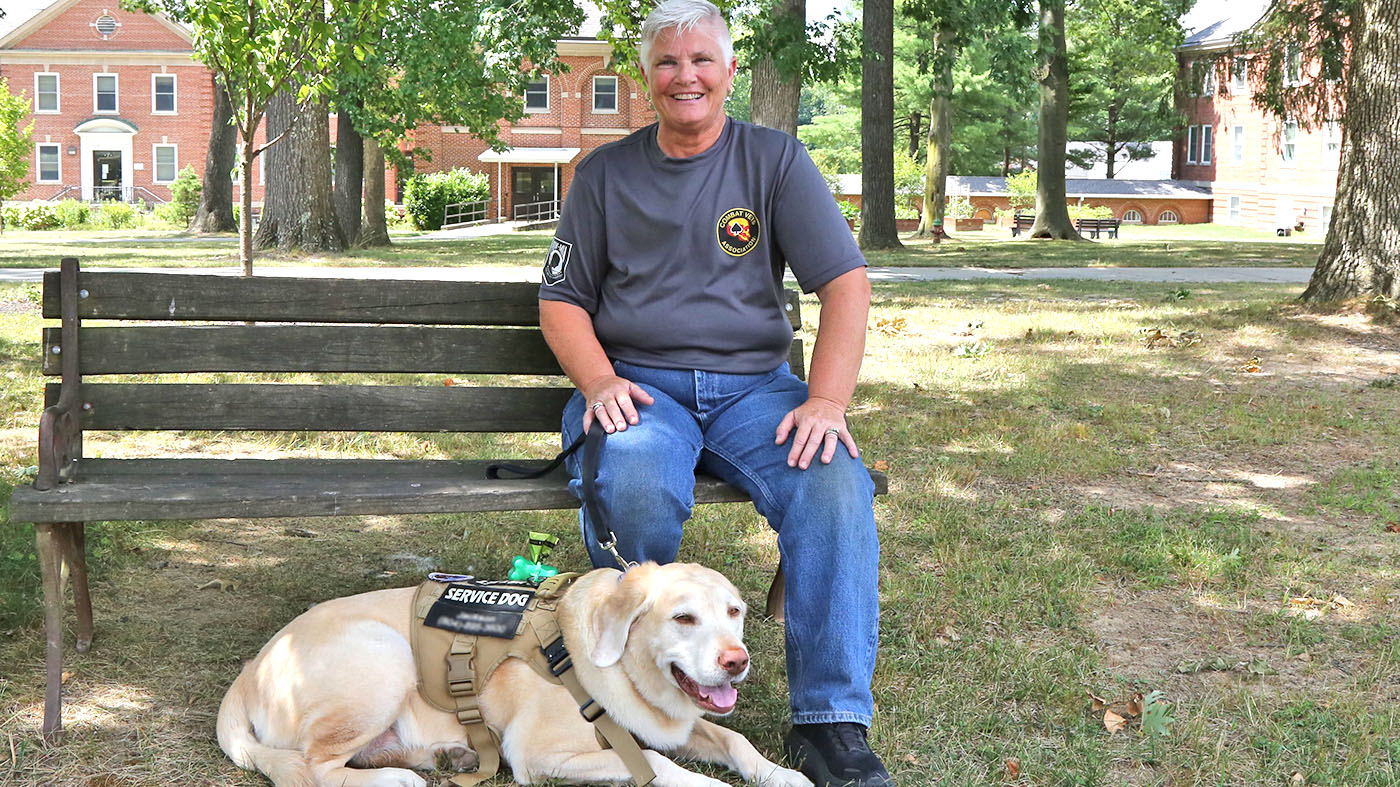<iframe src=”https://widget.spreaker.com/player?episode_id=46600676&theme=dark&playlist=show&playlist-continuous=true&chapters-image=true&episode_image_position=right&hide-logo=false&hide-likes=false&hide-comments=true&hide-sharing=false&hide-download=true” width=”100%” height=”350px” frameborder=”0″></iframe>
In this social justice, ethics and equity episode, our host Lauren Korshak, a health system specialist with the Office of Health Equity (OHE), is joined by Dr. Anita J. Tarzian, deputy executive director of the National Center for Ethics in Health Care, and Midwest Regional Healthcare ethicist Dr. Meaghann Weaver, palliative care physician.
To frame the discussion, Dr. Tarzian begins by explaining the difference between law, ethics and morality. Law explains the baseline between action and character is what an individual thinks they should do based on their unique beliefs and core values. Morality changes over time and is influenced by several factors, including culture, religion and experience.
Ethical frame of mind
Ethics is the philosophical study of morality within a group of people. This usually refers to what people should do in each situation. People can follow the law without acting morally or ethically. Dr. Weaver builds on this by defining health care ethics as a central component of clinical care that guides all encounters with patients and their families.
This is especially important in situations where there are core value conflicts between participants related to health care decision-making. Health care ethics is the link between what a health care organization says are its core values and the experiences of patients and families.
Health care ethics topics can include resource allocation, access to care, and patients’ preferences and values, which are essential for Veterans to know and understand. Dr. Tarzian links health care ethics and health equity by reminding listeners that health care aims to promote well-being for everyone.
Right the wrongs of disadvantaged groups
Providers must right the wrongs of historically disadvantaged groups having previously been denied access to care because of racism and sexism.
An example of this is how COVID-19 hit Black, Hispanic and Native American groups harder because of systemic injustices.
In closing, Dr. Tarzian and Dr. Weaver describe what Veterans and their families can do if they have an ethics question regarding their own health care. Each VA site has an Ethics Consultation Service that is available to help with conflicts about values and other moral dilemmas. Dr. Tarzian gives the example of a family disagreeing on treatment for a loved one as a potential use for this service.
Dr. Weaver mentions use for “preventive health care ethics,” which includes patients appointing powers of attorney. These measures help avoid conflicts in the future and preserve the Veteran’s values and wishes.
We invite you to check out the Veterans Health Equity podcast web page on all your favorite places to listen to podcasts. Visit Patient Care Services website to learn more about Health Equity information, research, topics, training and more.
Topics in this story
More Stories
Forget 'No Pain, No Gain'—try 'No Pain, More Gain' with Tai Chi! Calm the mind and gift yourself well-being in this week's #LiveWholeHealth practice.
Critical care dosing guides are critical in emergency care where a clinical team’s skill and focus matter most.
Combat Veteran faces the traumatic events of her PTSD during prolonged exposure therapy and looks forward to the days to come.






